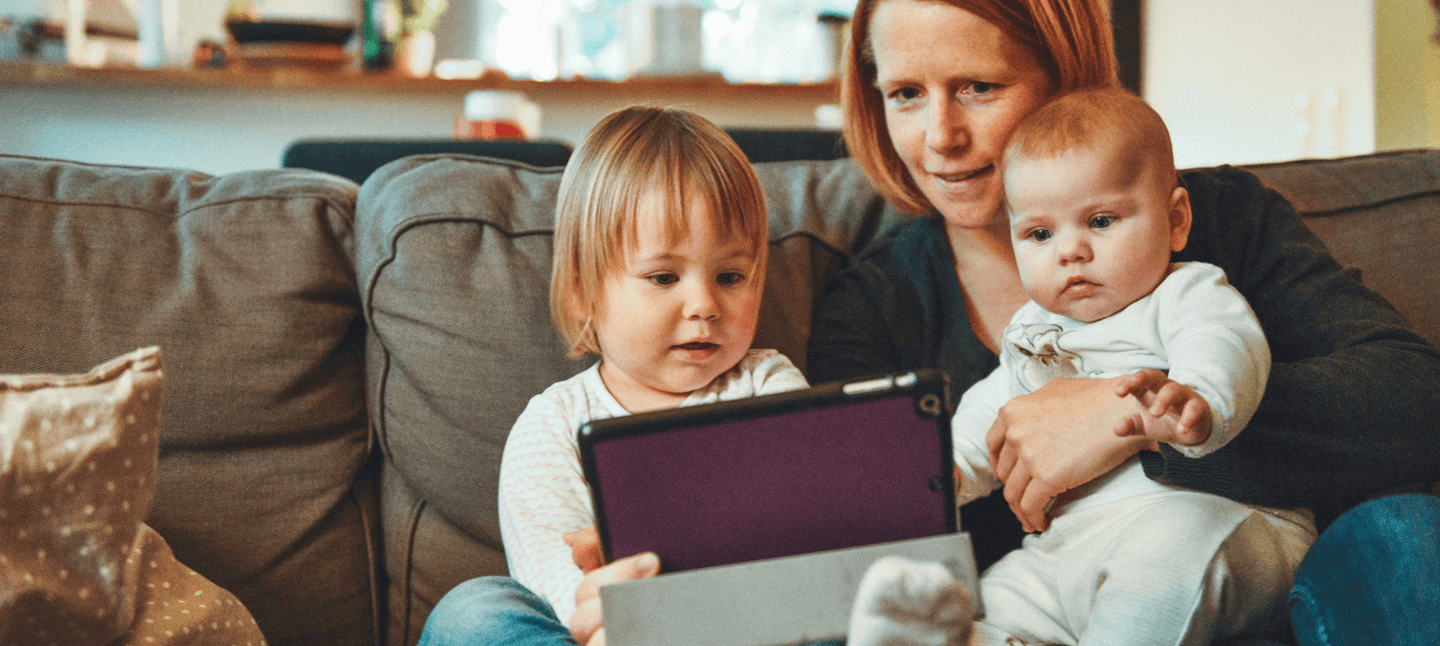
Bankruptcy is a legally binding debt solution that’s often used as a last resort if you can’t repay your debts in a reasonable amount of time.





Available to those living in England, Wales and Northern Ireland, bankruptcy is a formal insolvency process whereby your debts are written off. In Scotland, it’s known as sequestration.
You can choose to apply for bankruptcy yourself. In order for this to happen, you must owe a minimum of £5,000. A creditor to whom you owe at least £5,000 may apply to the court to make you bankrupt.
Applying for bankruptcy is done through the Insolvency Service in England and Wales and the High Court in Northern Ireland. If you do apply, you’ll need to pay a fee of £680. But this can be paid in instalments, but you will not be able to apply until the full fee is paid. You may also be able to apply for some discount on the fee if you are on benefits. Some charitable organisations may assist with payment of this fee.
You can put all your unsecured debts into a bankruptcy, including mortgages. And you’ll have to surrender your home to the agreement.
Once your application has been approved, the Official Receiver will be appointed to administer your bankruptcy.
Organisations and individuals you owe money to are no longer allowed to contact you or take further legal action to get the debt repaid. However, some debts will not be included in your bankruptcy such as court fines, matrimonial awards or the student loans. Secured creditors such as those providing mortgages or car finance retain their rights and you will need to continue payments to them.
Your assets will become subject to the Bankruptcy but you will retain control over certain items such as all your household goods. You will also be able to keep any tools and a vehicle you need for work. Domestic cars may also be retained by you provided they are not of a high value and where this occurs the Official Receiver may instruct you to exchange the car for a cheaper one and pay and excess to the bankruptcy.
If you own a property that is your home, the Official Receiver cannot take any action to realise any equity until at least 12 months has elapsed and then must do so within three years.
The Official Receiver will also assess your income and expenditure and you may also have to make a monthly payment to the bankruptcy if your disposable income is sufficient.
You will normally be discharged from bankruptcy after 12 months, but in certain circumstances you may still have to deal with the Official Receiver for another two years where you have agreed to make any contributions, or property matters need to be completed.
Your bankruptcy (similar to a Debt Relief Oreder or IVA) is placed on the public record. In certain circumstances, bankruptcy can restrict your employment opportunities.
ForestKing cannot offer Bankruptcy solutions and this information is provided for reference only.
Bankruptcy is an option that can be beneficial where your financial affairs are simple, and you have no assets. It’s effect upon employment is generally restricted to jobs of financial responsibility at a senior level or public office, or company directorships. Unless your employment contract has a specific clause, it has little effect on the majority of employments.
If you are self-employed, you should consider the effect upon your ability to continue with any trade credit agreements that are necessary for your trade.

 1
1
Our online form will give our advisors an insight into your financial worries.
 2
2
Our advisor will speak to you and advise on the debt solutions available.
 3
3
If you are happy, our advisors will get you started with your debt solution.
 Contact us
Contact us Suite 1, 4th Floor 1 City Approach, Albert Street, Eccles, Manchester M30 0BL.